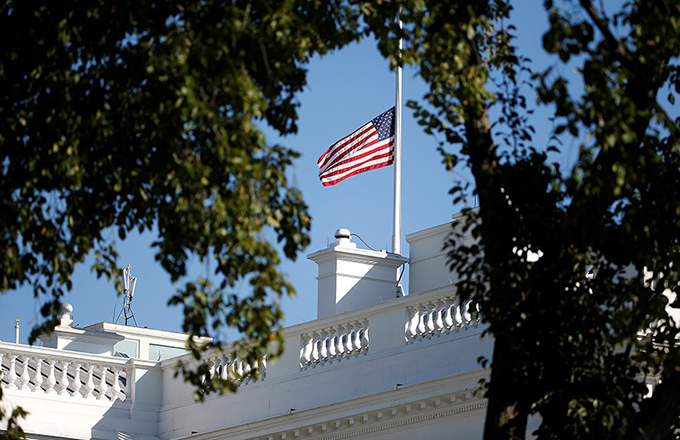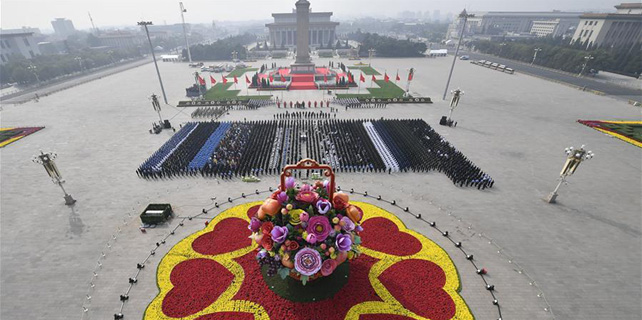Brazilian Congress approves electoral reform in time for 2018 elections
RIO DE JANEIRO -- The Brazilian Congress managed to approve a complex and controversial electoral reform Thursday in time for the measures to be in effect for the 2018 general elections.
In order to be effective for the elections next year, in which Brazilians will choose a new president, state governors, as well as senators and federal and state representatives, the reform rules need to be signed into law until exactly one year before the election, thus President Michel Temer is expected to sign them by Saturday.
The new regulations will change several key aspects of the electoral system in Brazil.
One of the most controversial reform rules concerns hate speech and fake news. The new law demands the suspension of all publications denounced for promoting hate speech or spreading fake news from social networks and smartphone apps, which is a move to curb the practice of fake profiles slandering candidates.
However, the information will have to be suspended after a simple denouncement. Several congressmen argued that the text violates freedom of expression, for it does not require that the information is proved to be fake or slander before the suspension.
In other words, followers of a candidate would only need to denounce the posts defending a rival candidate to be deemed as fake news, and the pieces would be suspended without any sort of checking.
Press associations and other entities are pressuring Temer to veto this particular article, saying it constitutes censorship and is, therefore, unconstitutional.
The Congress also approved the creation of an electoral fund, which will provide public funds for the election. Corporate funding had already been forbidden in 2015. Donations from citizens were limited to the tenfold amount of the minimum wage, and campaign spending was also limited.
In addition, rules concerning parties' advertisement time on television and radio will be changed. A barrier clause will restrict advertisement time for parties which fail to achieve minimum requirements: either to have 1.5 percent of votes in at least nine states or to elect representatives in nine states. The requirements will gradually increase until 2030.









